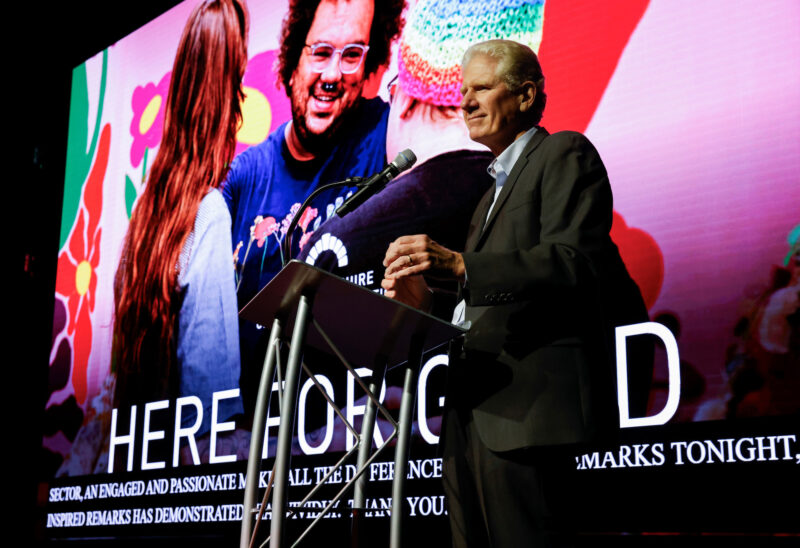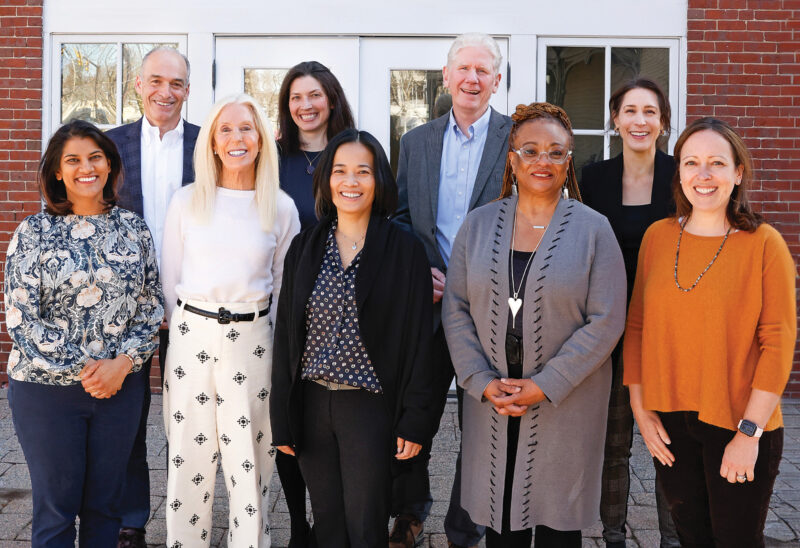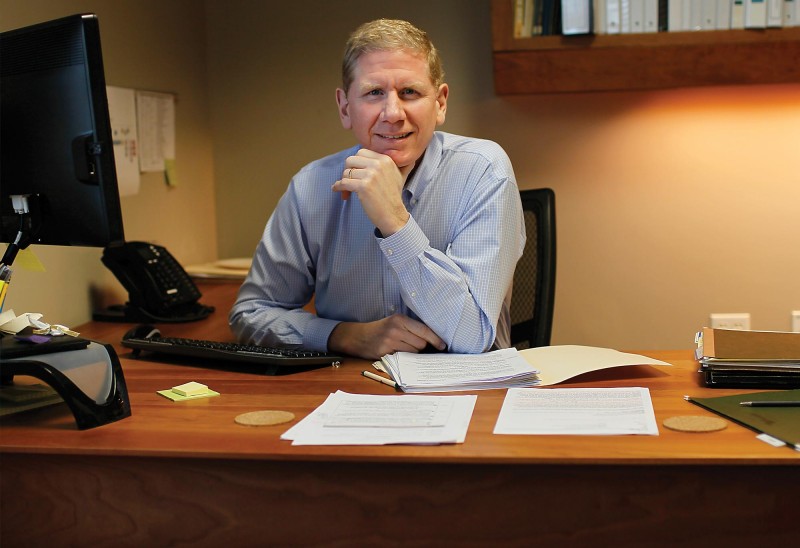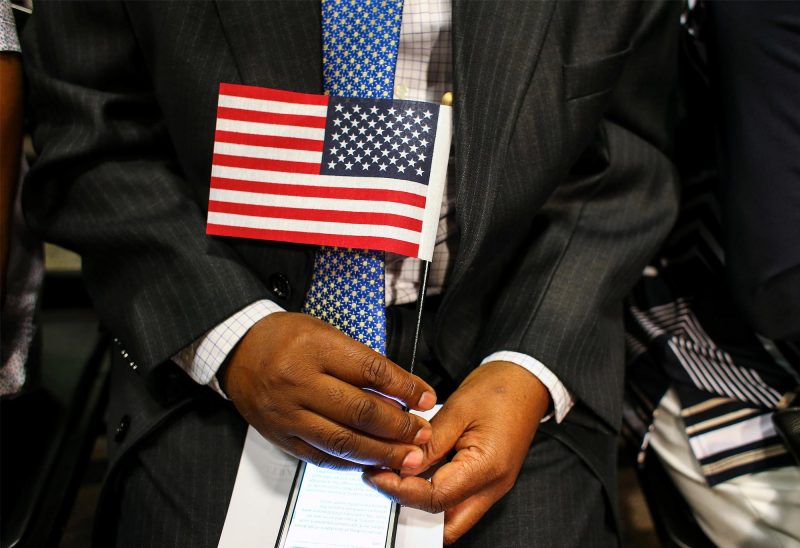“This may be the most important work of my career.”
When my colleague Anne Phillips said that recently about a new childhood poverty initiative in Manchester, it got my attention fast.
Like all our program officers, Anne works on many issues and cares about them all. But the topic we were discussing that day stands apart. It is this: Children across New Hampshire are falling into poverty at a faster rate than any state in the nation.
What? How can this be?
In 2011, we had the lowest childhood poverty rate in the United States.* The number has since jumped an appalling 30 percent, putting us higher than 15 other states. Nearly one in five young people is trying to survive under the poverty line, which means we are failing 11,000 more kids than we were two years ago. And we’ve allowed this to happen during a period when the U.S. average has been nearly stable. The situation is especially bad for children under 5. It will only get worse if we don’t break the cycle.
Few issues are more complex than this one. Factors driving poverty include unemployment, low wages, lack of health care, inadequate education, addiction, globalization, scarce job training. Where do you start? It turns out there is a very good place — with smart investments in education, family supports, and health care for the littlest kids. Here’s why.
Without access to quality early learning and care, a child can get so far behind by kindergarten that it is very hard to catch up. By third grade, it may be impossible. Her lifetime earnings and chance for self-sufficiency go down, and her chance of poor health and raising the next generation in poverty go up. Way up.
Some argue this is only the parents’ problem, that we have no common obligation to help a three-year-old from drowning in economic conditions he did not create. Putting aside the dubious moral side of this, it is also fiscally irresponsible.
In a state with a rapidly aging population and near zero net migration, every child must succeed. It is an economic as well as social imperative.
A dollar invested in early childhood development produces an annual return to the economy of 7 to 10 percent, or a total of $4 to $17. And the earlier the investment (birth to age three), the greater the return. That’s because young kids who participate in good programs need less special education and social services, are a third more likely to graduate high school and twice as likely to attend college. That means they will have viable incomes, pay taxes and vote.
A growing body of evidence shows that success requires a comprehensive and integrated strategy across disciplines, blending early learning with other effective health and related services.
So that’s what we are doing.
In a state with a rapidly aging population and near zero net migration, every child must succeed. It is an economic as well as social imperative.Tweet This
It starts with the North Country, where our Neil and Louise Tillotson Fund — led by Kirsten Scobie and guided by the advisory committee — has been the principal funder of the Coös Coalition for Young Children and Families. Since 2009, this alliance of nonprofits, health care agencies and educational institutions has united under a common vision: better health and education outcomes for every child in Coös County.
With Tillotson funding of $5 million in the past five years, the coalition and partners are getting real results. Twice as many licensed teachers are working in local child care centers, six times more programs are using evidence-based interventions and 253 young children have been screened to assess individual developmental needs. That’s up from just 15 in 2009 and represents 14 percent of all kids in the county. The goal is 100 percent.
Inspired by the North Country’s success, the New Hampshire Charitable Foundation is convening private funders, learning from experts and piloting new ideas in other regions. Among them:
- Increasing focus on early childhood development in the Monadnock region, based on a community needs assessment by the United Way and the Foundation.
- Supporting the Neighborhood Health Improvement Strategy in Manchester, a comprehensive neighborhood schools-based approach led by city officials.
- Funding shared back-office services for early learning providers in the Seacoast, shifting resources from administration to services.
- Giving voice to low-income residents by funding nonprofits and coalitions that work to improve public policy and systems for housing, food, health care and other basic needs.
- Doing more in this space is part of our larger investment in New Hampshire’s young people from cradle to career. We are funding more after-school programs, leading a 10-year strategy to reduce teen drinking and drug use, and focusing scholarship dollars in education and job training to help New Hampshire students thrive in today’s economy.
Endowment for Health president Steve Rowe likens early childhood work to the parable about the riverside villagers who rescue baby after baby floating by in baskets. It doesn’t stop until someone goes upstream to see how they are getting into the river in the first place.
That’s where philanthropy belongs — upstream and nimble, helping the most vulnerable, investing flexible capital at the source, figuring out what works and bringing it to scale. It is about collaboration and leverage and taking the long view. Someone once wrote that it takes a village to care for a child. Ten and 20 years from now, that child will be taking care of the village we call New Hampshire. Let’s help give her the start she needs.
I think that’s what Anne was saying.

*Defined as annual income of less than $23,283 for a family of four. Up to $46,500 is considered low income; nearly a third of New Hampshire children meet that definition.
This article originally appeared in the Foundation’s Fall 2013/Winter 2014 Purpose Newsletter.

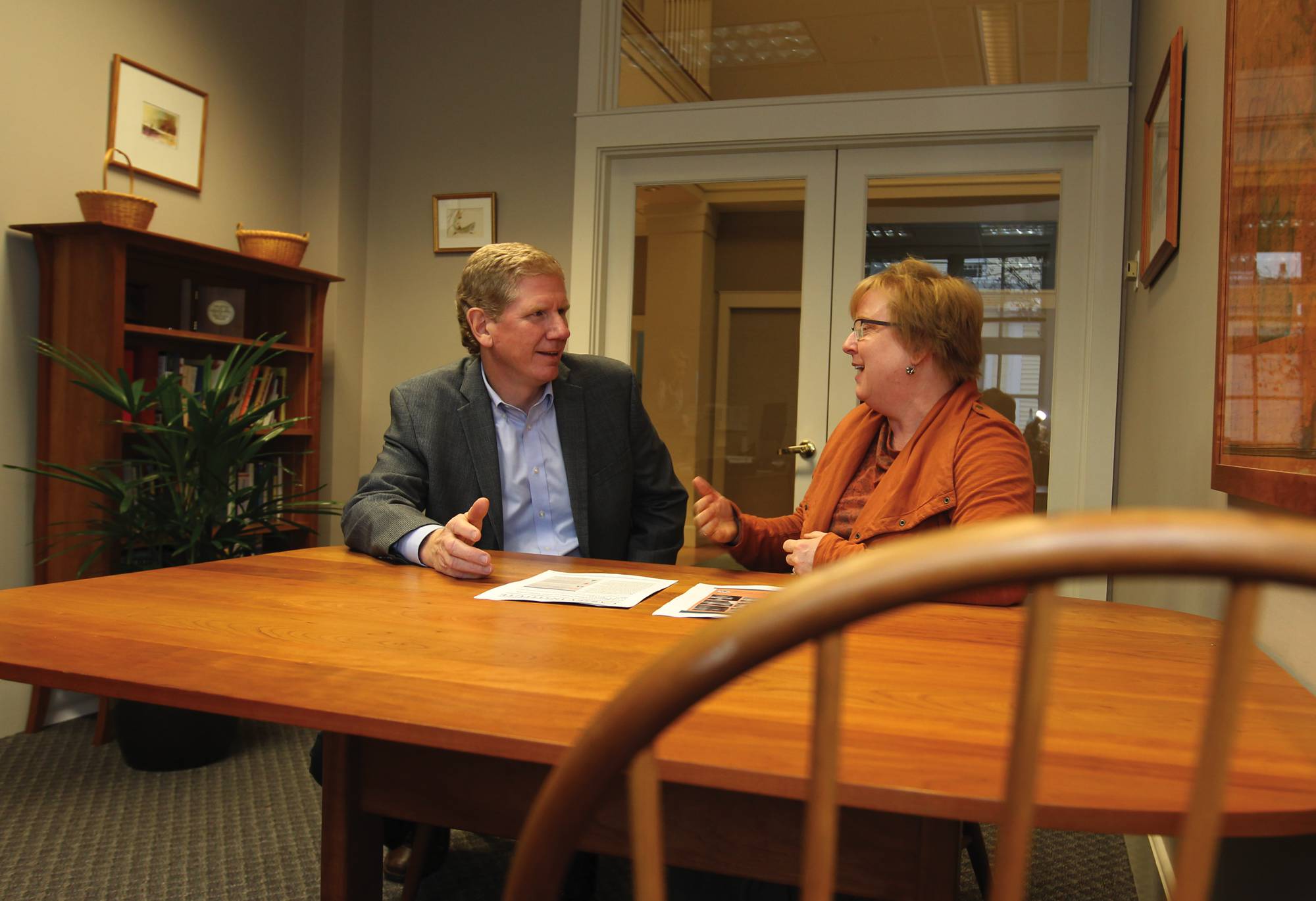






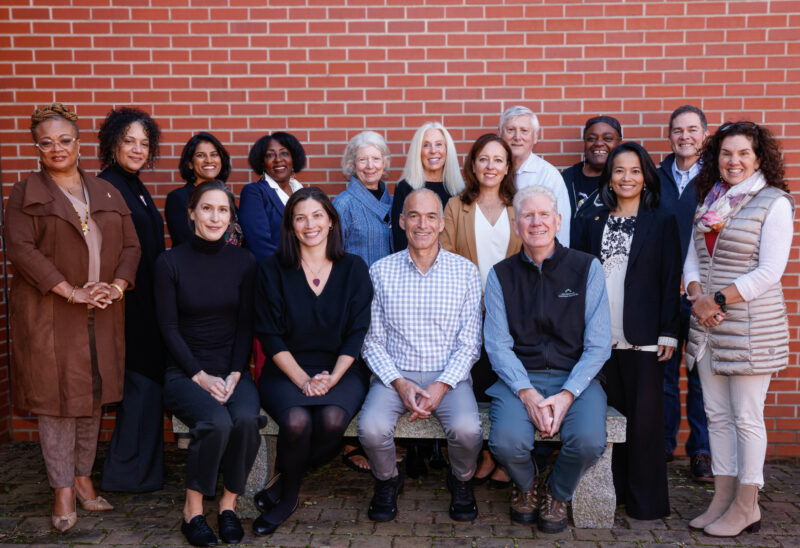
![Charitable Foundation President Dick Ober [Photo by Cheryl Senter]](https://www.nhcf.org/wp-content/uploads/2023/12/dick-ober-purpose-fall-winter-2023-800x548.jpg)
